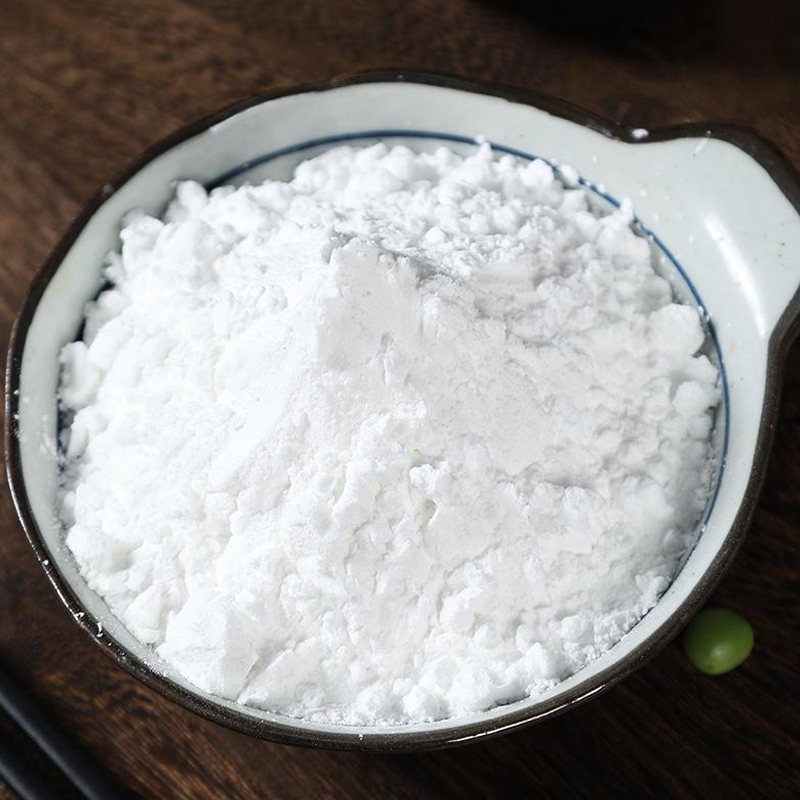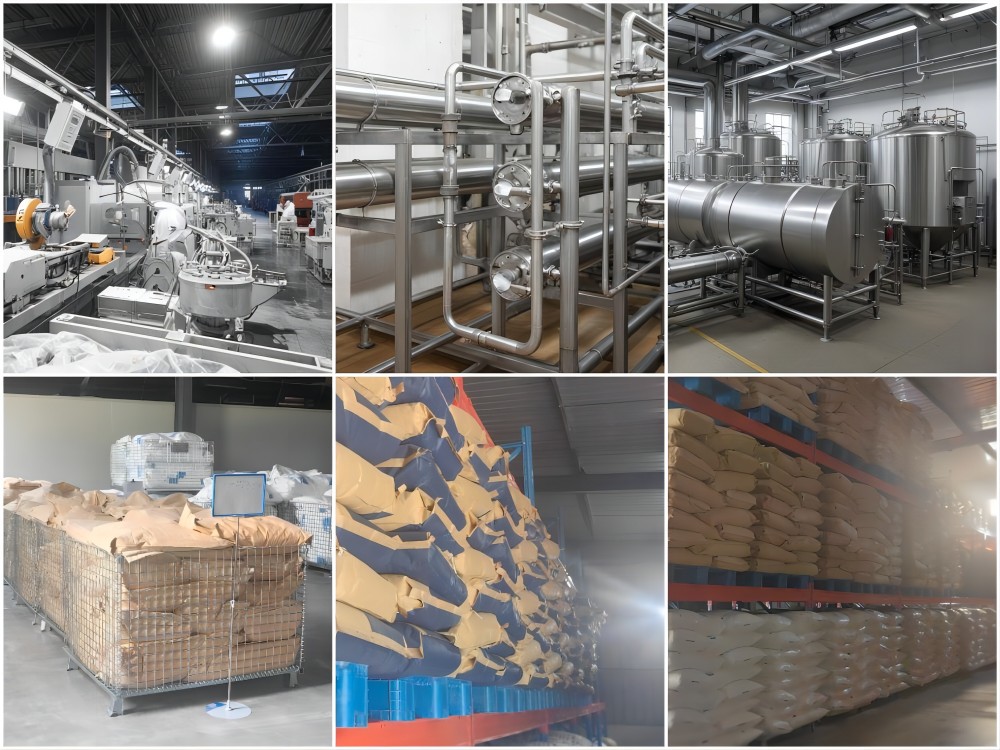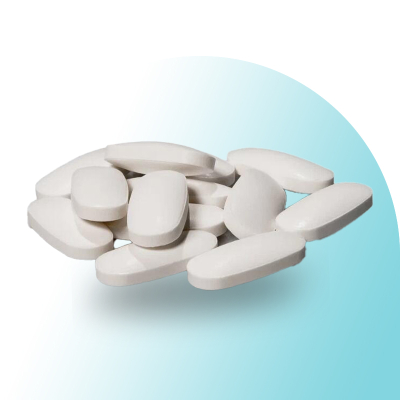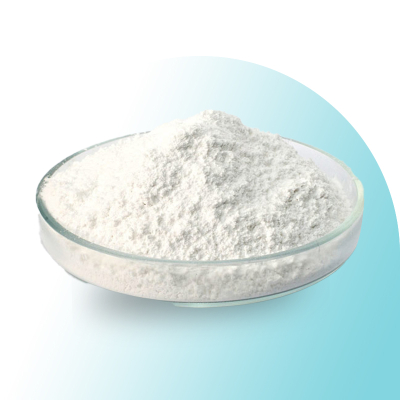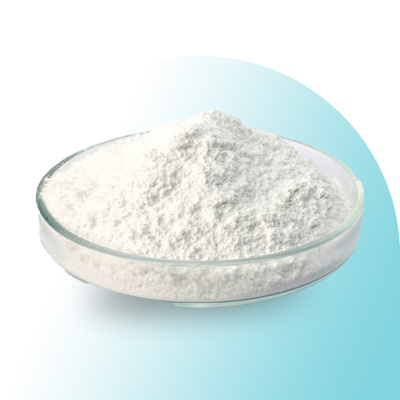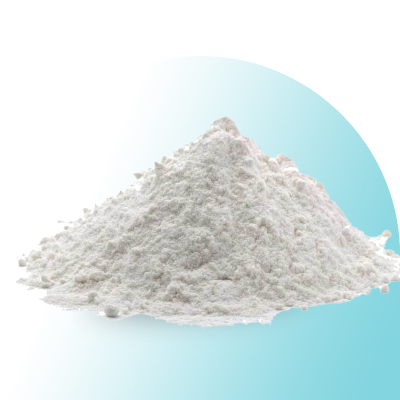Resistant maltodextrin
Food and Drink: Ideal for adding fiber to snacks, cereals and smoothies without changing the taste or texture.
Dietary Supplements: Commonly used in fiber supplements for digestive health.
Baking and Cooking: Increases fiber content in baked goods while maintaining moisture.
Stable dextrin under acidic conditions and decomposition by heating can obtain low molecular weight soluble glucan. This is a type of soluble dietary fiber that appears as a white or light yellow powder.
Quality standard |
||||
| Elements | D1 |
D2 |
D3 |
D4 |
Appearance |
White or light yellow powder |
|||
Taste |
Sweet, soft, clean |
|||
Content (g/100g) |
≥70% |
≥85% |
≥90% |
≥95% |
Moisture(g/100g) |
≤5.0 |
|||
Ash (g/100 g) |
≤0.1 |
|||
PH |
3-6 |
|||
Water activity |
≤0.2 |
|||
Number of aerobic bacteria (CFU/g) |
≤1000 |
|||
Coli bacteria (MPN/g) |
≤3 |
|||
Mold (CFU/g) |
≤25 |
|||
Yeast (CFU/g) |
≤25 |
|||
The water-absorbing and swelling properties of Resistant Dextrin are beneficial in improving gastrointestinal motility, preventing constipation, and reducing and preventing gastrointestinal diseases. Resistant dextrin not only can effectively inhibit the absorption of cholesterol, but also can slow down and even reduce the absorption of harmful substances such as heavy metals to further prevent the harmful effects of harmful chemicals. Moreover, Resistant Dextrin can also improve intestinal flora and maintain microecological balance in the body. This low-calorie sweetener is also beneficial for the synthesis of certain nutrients. It is generally considered to aid in the treatment and rehabilitation of diabetes.
Related News
Submitted successfully
We will contact you as soon as possible


